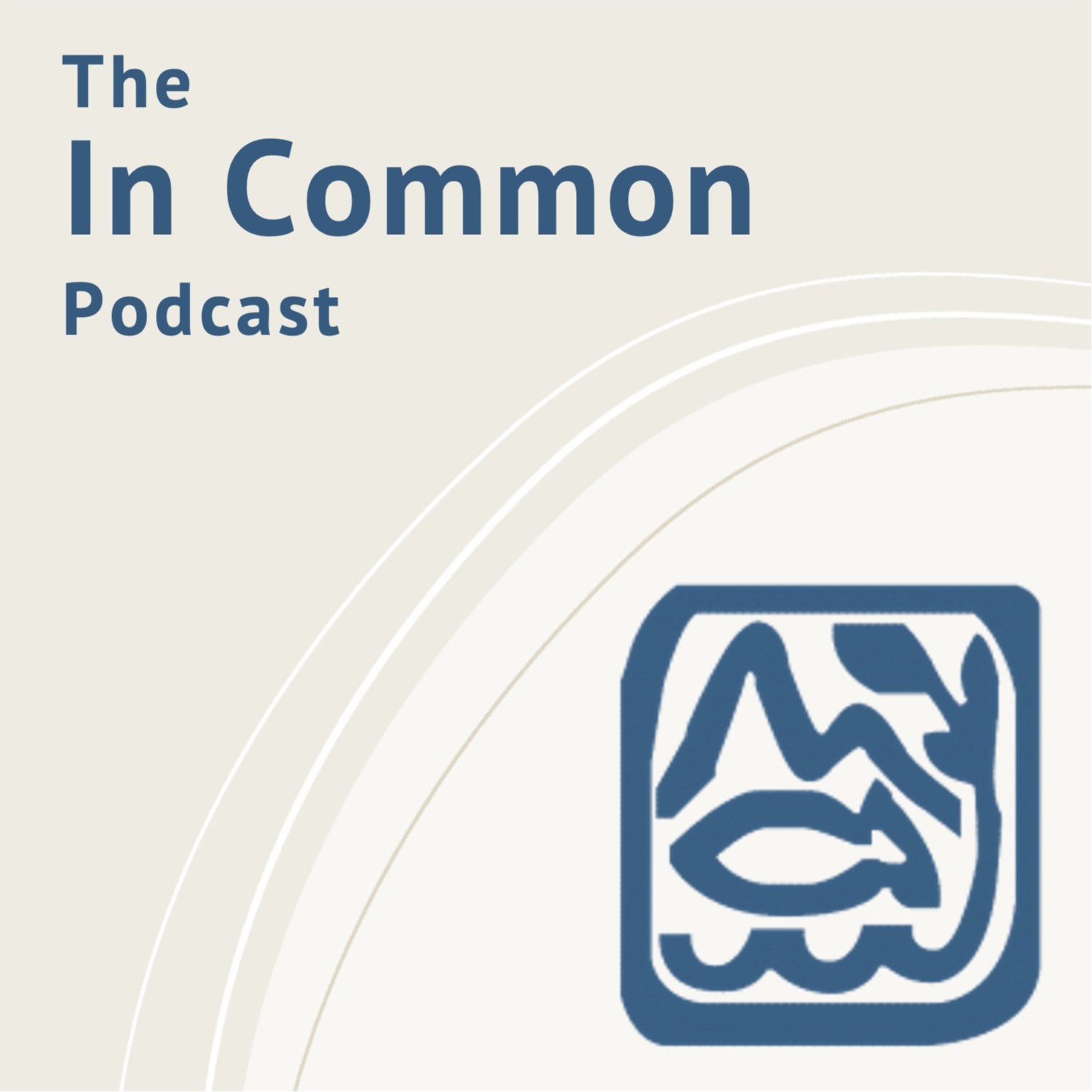
105.3K
Downloads
239
Episodes
In Common explores the connections between humans, their environment and each other through stories told by scholars and practitioners. In-depth interviews and methods webinars explore interdisciplinary and transdisciplinary work on commons governance, conservation and development, social-ecological resilience, and sustainability.
In Common explores the connections between humans, their environment and each other through stories told by scholars and practitioners. In-depth interviews and methods webinars explore interdisciplinary and transdisciplinary work on commons governance, conservation and development, social-ecological resilience, and sustainability.
Episodes
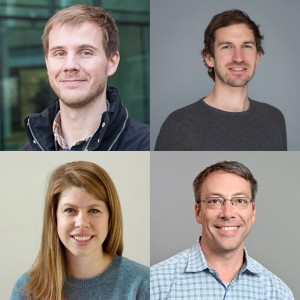
Monday Dec 07, 2020
Commoning #1: What makes a good scientist?
Monday Dec 07, 2020
Monday Dec 07, 2020
This is the first episode of our new series titled ‘Commoning'. Stefan, Michael and Courtney are joined by Michael Schoon (ASU) to discuss the following questions:
What makes a good scientist?
How do we transparently communicate the limitations of our research, without undermining it’s perceived value for our peers, journals and the public?
Michael Schoon
https://sustainability.asu.edu/person/michael-schoon/
Similar to our Insight series, the ‘Commoning’ series will have its own numbering system for reference.
As we are aiming to expand the type of content we provide on the podcast, the Commoning series will provide informal discussions among our podcast team, and we will be inviting additional guests to join us. Topics for discussion on this series will be wide open. This may include current events, recent topics on research, teaching and practice, reflections on previous interviews, or simply, whatever comes up! We want to provide an episode series that is not focused specifically on a guest, but allows for an open conversation on a wide range of topics.
We are calling this the ‘Commoning’ series, as we believe the term embodies the core values we are trying to put forward with this podcast. Providing a space for open, fun, but also critical conversations for our listeners, to share ideas and knowledge that can contribute to our science community.
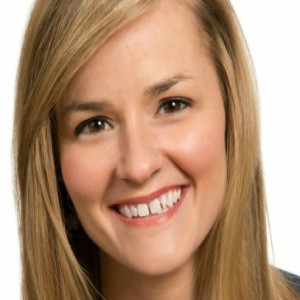
Friday Dec 04, 2020
Insight #21: Meredith Niles on the importance of open access
Friday Dec 04, 2020
Friday Dec 04, 2020
Today’s ‘Insight’ episode is from full episode 32, our interview with Meredith Niles.
Meredith is a multidisciplinary scientist working in socio-ecological and food systems. Currently she is an assistant professor in food systems and policy at the University of Vermont in the Department of Nutrition and Food Sciences.
In the clip, Courtney asks Meredith about her advocacy for open access publishing, why it is important, and resources for those looking for more information.
Meredith's website: www.meredithtniles.com
Resources on open science:
Sherpa Romeo: http://sherpa.ac.uk/romeo/index.php
SPARC: https://sparcopen.org/
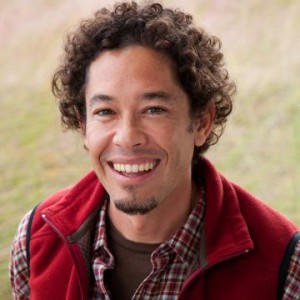
Monday Nov 30, 2020
056: Hidden harvests and paper cooperatives with Xavier Basurto
Monday Nov 30, 2020
Monday Nov 30, 2020
In this episode Michael and Stefan spoke with Xavier Basurto, Associate Professor of Sustainability Science at Duke University's Nicholas School of the Environment. We talked about the development of his career that led him to Duke, and a current project he is co-leading in collaboration with the FAO and WorldFish, a CGIAR research center, known as Illuminating Hidden Harvests. Based on a paper that Xavier recently co-authored, we also talked about the importance of pre- and post-harvest arrangements in fisheries, as well as the difference between the patron-client model and the cooperative model for resource management.
Xavier dedicated the interview to his two daughters, Sofia and Ghita.
Xavier's website: https://sites.nicholas.duke.edu/xavierbasurto/?_ga=2.23995258.11664891.1606752433-415164452.1605284574
Hidden harvests project page: https://www.worldfishcenter.org/hidden-harvests
Xavier's paper that we discuss:
Basurto, Xavier, Abigail Bennett, Emilie Lindkvist, and Maja Schlüter. 2020. “Governing the Commons beyond Harvesting: An Empirical Illustration from Fishing.” PloS One 15 (4): e0231575. https://doi.org/10.1371/journal.pone.0231575.
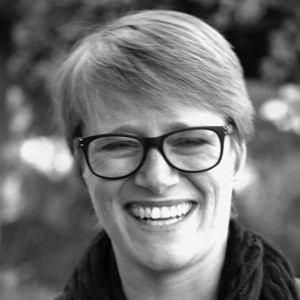
Monday Nov 23, 2020
Insight #20: Jessica Cockburn on critical realism
Monday Nov 23, 2020
Monday Nov 23, 2020
This ‘Insight’ episode is from full episode 37, where Michael and Stefan interview Jessica Cockburn.
Jessica is a Lecturer in Environmental Science at Rhodes University in South Africa. Jessica identifies as a "pracademic" who often works with local partners to explore how actors across a variety of contexts interact to address sustainability challenges. Her work is highly collaborative. Among the groups she engages with is the Programme on Ecosystem Change and Society (PECS): https://pecs-science.org/.
https://www.ru.ac.za/environmentalscience/staff/staffacademic/jessicacockburn/
In this clip, Jessica’s explains why she draws a critical realism approach, and how that is positioned between positivist and constructivist paradigms.
Jessica's personal website: https://sites.google.com/view/jesscockburn/home
Twitter: https://twitter.com/jess_cockburn
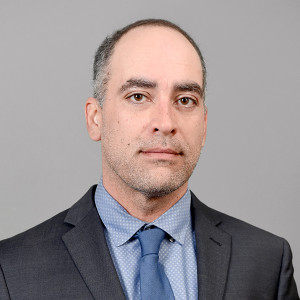
Monday Nov 16, 2020
Insight #19: Sociology of science with John Parker
Monday Nov 16, 2020
Monday Nov 16, 2020
This insight episode is taken from episode 46, where Michael spoke with Jon Parker. John is a sociologist of science and a program director at the National Science Foundation (NSF) within its division of social and economic sciences.
John’s website and google scholar pages:
http://john-parker-wg6d.squarespace.com/
https://scholar.google.com/citations?user=euuurksAAAAJ&hl=en
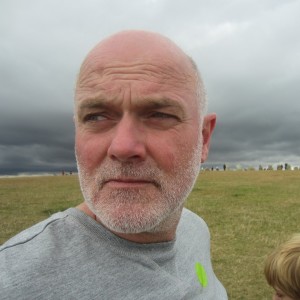
Monday Nov 09, 2020
055: Making a difference with Frank van Laerhoven
Monday Nov 09, 2020
Monday Nov 09, 2020
In this episode we all spoke with Frank van Laerhoven, a professor at Utrecht University and co-editor-in-chief of the International Journal of the Commons, a new partner of the In Common podcast. We talked to Frank about his time working for the Food and Agriculture Organization and his transition to academia. Frank discussed his concerns about both professional arenas and the gap between them. Are we really making a difference, and if not, how does this relate to the incentives that so many commons scholars study and also face? We asked Frank about his leadership of the journal and how some of these concerns can be addressed.
Frank's website: https://www.uu.nl/medewerkers/FSJvanLaerhoven
International Journal of the Commons: https://www.thecommonsjournal.org/
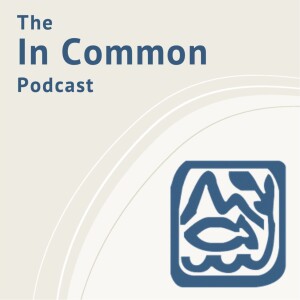
Monday Nov 02, 2020
Information on our transition to the In Common Podcast
Monday Nov 02, 2020
Monday Nov 02, 2020
Thanks to all our guests and listeners, the Finding Sustainability Podcast has been, in our eyes, a large success. In order to provide a sustainable platform for the podcast going forward and to expand opportunities for new types of content, we will now become an official partner with the International Association for the Study of the Commons (IASC) and the International Journal of the Commons (IJC). The new name our podcast will be In Common.
https://www.thecommonsjournal.org/
The In Common podcast will explore the connections between humans, their environment and each other through stories told by scholars and practitioners. In-depth interviews and methods webinars explore interdisciplinary and transdisciplinary work on commons governance, social-ecological resilience, and sustainability.
The title of the podcast is meant to evoke several ideas related to the sharing of resources. First, it reflects the idea of holding resources “In common” as it relates to actions of “commoning”, a process contrary to commons enclosures that we see around the world. We hope the podcast provides a shared space for open-access conversations that can help build community. Second, it is meant to emphasize the need to see what we have “in common”, in spite of the barriers across the disciplines and perspectives that we must incorporate in order to sustainably manage shared resources.
Following the Finding Sustainability Podcast, In Common will continue to have full episodes of long-form interviews, and Insight episodes containing highlights of these longer episodes. Additionally, the podcast will contain a series of Future Earth’s Programme on Ecosystem Change and Society (PECS) video webinars describing different methods to analyze human-environment interactions. This series is run by Mike Schoon from Arizona State University. Our Blog, run by Graham Epstein, explores similar content but is not interview based. The blog provides an alternative space for sharing academic ideas, and will utilize online polls and surveys with our listeners and followers to discuss topics.
If you are already subscribed to the Finding Sustainability Podcast on your podcast player, you will continue to stay subscribed to the In Common podcast. Video webinars can be viewed on our website or directly on some podcast mobile apps such as Apple Podcasts, Overcast and Pocket Casts.
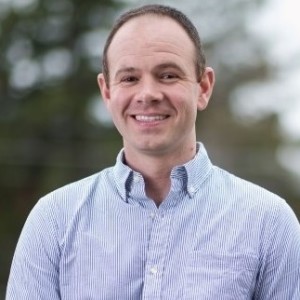
Tuesday Sep 29, 2020
Tuesday Sep 29, 2020
This insight episode is taken from episode 42 where Courtney and Michael talk with Joseph Ament, an ecological economist at the University of Vermont. In the full episode we discuss Joe’s research on money, common money misconceptions, the role of money right now during the COVID-19 pandemic. In this insight episode, we highlight Joe’s thoughts on shifting value towards sustainability in our economy and changing the goal of the monetary system to resiliency.
If you are interested to learn more about Joe’s work, here are a couple recent publications:
Paper by Joe on Ecological Monetary Theory: https://www.mdpi.com/2071-1050/11/3/923
Article by Joe for Uneven Earth on the monetary system and the Green New Deal: http://unevenearth.org/2020/01/public-money-for-environmental-justice/
Finding Sustainability Podcast
@find_sust_pod
https://twitter.com/find_sust_pod
Environmental Social Science Network
https://essnetwork.net/
https://twitter.com/ESS_Network
@ESS_Network
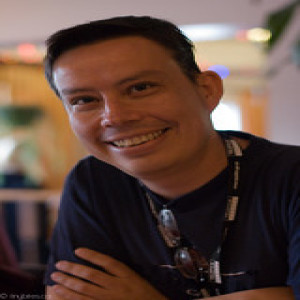
Friday Sep 25, 2020
Insight #17: Raul Pacheco-Vega on ethnography and the ethics of care
Friday Sep 25, 2020
Friday Sep 25, 2020
This insight episode is taken from episode 039, where Michael and I talk with Raul Pacheco-Vega.
Raul is a professor in the Public Administration Division of the Centre for Economic Research and Teaching, CIDE (Centro de Investigacion y Docencia Economicas, CIDE, AC) based out of CIDE Region Centro in Aguascalientes, Mexico. In the full podcast (episode 039) we discussed his work on waste and waste pickers, wastewater, and bottled water as un-traditional commons. We also spoke about the importance of making care work and life support systems visible under the Covid pandemic. In this insight we highlight his thoughts on the value of ethnography as a methodology to understand those issues.
Raul's personal website:
http://www.raulpacheco.org/blog/
https://twitter.com/raulpacheco?lang=en
Finding Sustainability Podcast
@find_sust_pod
https://twitter.com/find_sust_pod
Environmental Social Science Network
https://twitter.com/ESS_Network
@ESS_Network
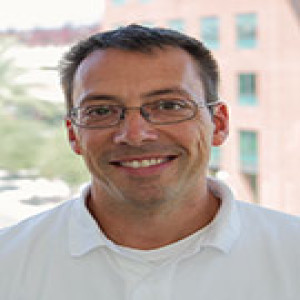
Wednesday Sep 16, 2020
054: Transboundary actions with Mike Schoon
Wednesday Sep 16, 2020
Wednesday Sep 16, 2020
In this episode Michael and Stefan spoke with Mike Schoon, an associate professor in Arizona State University's School of Sustainability. They began by discussing Mike's previous career as an engineer and his PhD dissertation work on transboundary parks in Southern Africa, which he conducted while he was a PhD student at Indiana University, where he and Michael met as advisees of Lin Ostrom. They also talked about Mike's work on wildlife management in Arizona and the role he has played in the research communities on the Commons, as the co-Editor-in-Chief of the International Journal of the Commons, and Resilience, where he also plays a significant leadership role.
